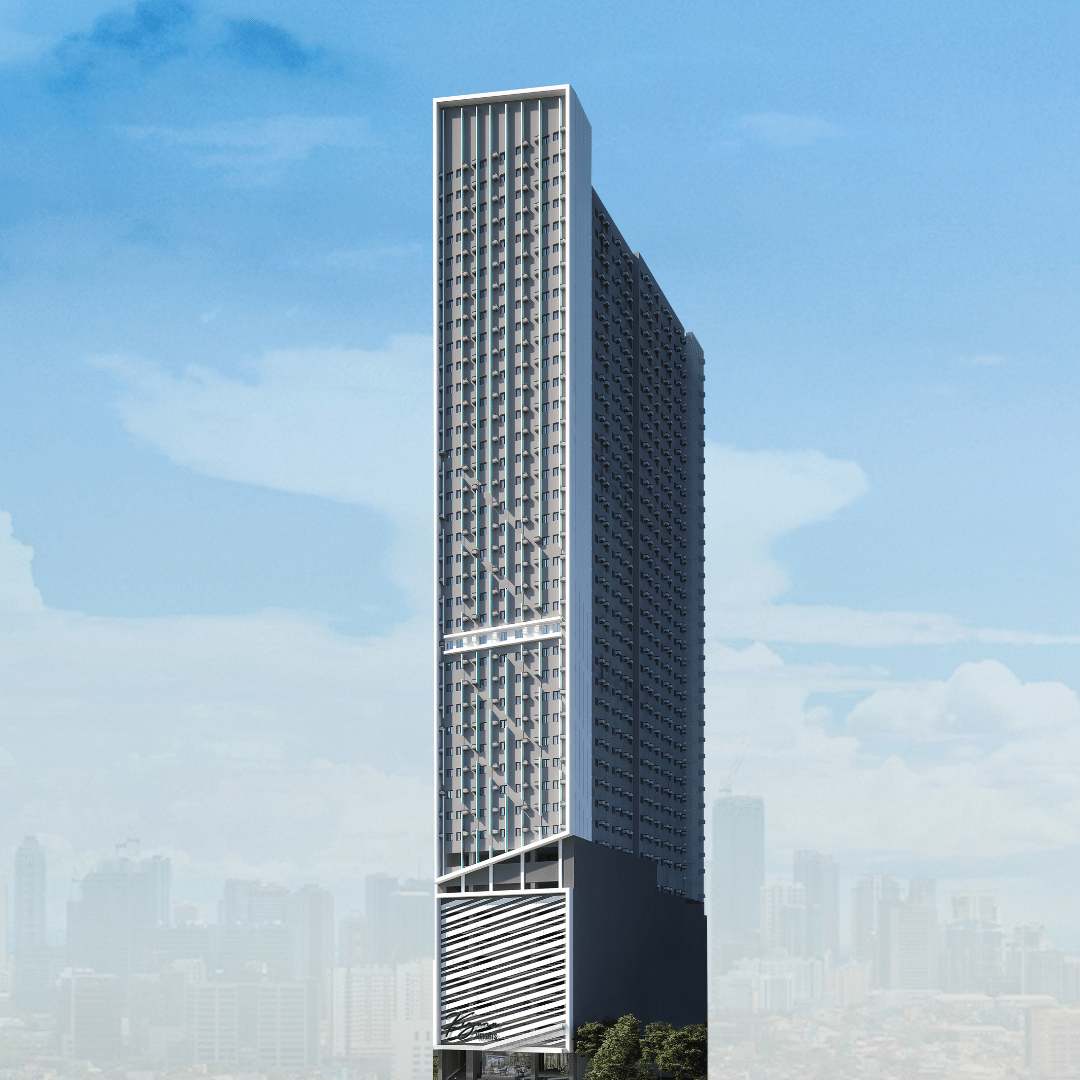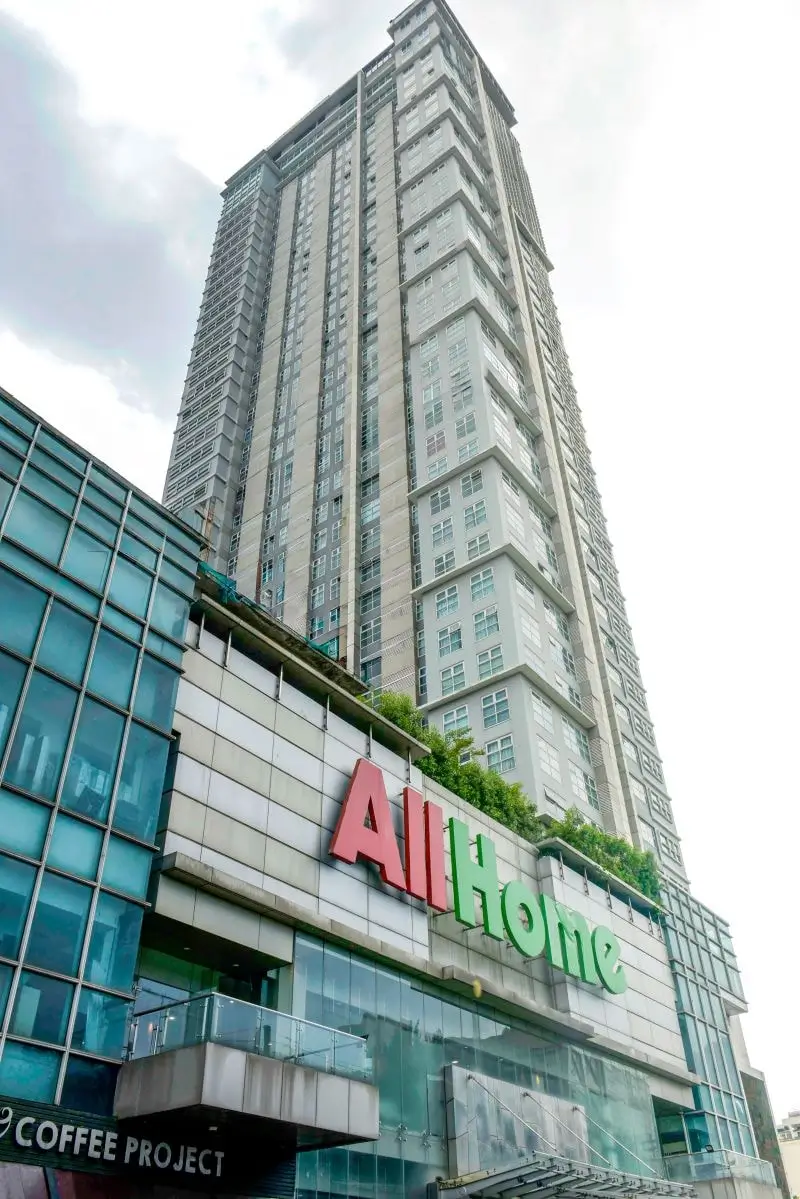Is it possible to implement a four-day work week in the Philippines?
Is it beneficial or not?
These questions may arise in your mind when talking about the sense of working. These kinds of questions are inevitable as most of us would like to have a work-life balance.
Wherein, we can say that work-life balance is not really possible if our five to six days in a week are mostly spent in our offices due to work. Thus, will it be possible to establish a four-day work week here in the Philippines? Moreover, what are the effects of this transition on the economy and the employers and employees at least?
The most common Filipino work culture here in the Philippines is almost five to six days – Monday to Friday or Monday to Saturday every week. This means that the majority say Sunday is the instant rest day.
The most common Filipino work environment is office-based, ranging from 8 AM to 5 PM or 9 AM to 6 PM every day. The time for waking up, preparing, and traveling is excluded within the said hours. So technically, we can say that half of the day is mostly spent for and because of work.
With this scenario, we can justify that having extra time for personal errands and leisure will be quite impossible to do between these spans of hours and days. Thus, there will be no balance between work and personal life, as well as between enjoyment and expertise.
Maybe some people can still make this happen, yet for the most common and usual workers, it is way harder for them to make it happen.
For the longest time, it has always been a five-day work week or a six-day work week in the Philippines, based on the demand or rules of the company. This is the tradition of Filipino work culture that has been practiced by employers and employee here in the country.
Yet, for some reason, and when the pandemic happened, the work environment in the country transitioned. It has shifted from office-based to work-from-home to hybrid, which has been greatly adapted here in the country.
Later on, a four-day work week in the Philippines became an idea regarding the new normal and a more preferred work set-up in the country.
For some reason, it is still not officially adapted to all companies in the Philippines. Some may have already adapted the hybrid working set-up, wherein two or three days are spent in the office, and the remaining work days can be done at home.
This is the most common usual set-up now that has been practiced by some companies here in the Philippines.
In the United Kingdom, they had a trial in order to know the effects of a four-day working week.
Approximately seventy (70) organizations have participated in this trial for six months, beginning in June. Those employees who have participated in this are still being paid the same amount they receive for the common five-day work week.
Eighty-eight (88) percent of the respondents labeled the effects of this trial as “well” for the business productivity – under half had labeled it as “maintained around the same level,” one-third labeled it as “improved slightly,” and fifteen (15) percent labeled it as “improved significantly.”
All in all, the trial was extremely successful. Thus, it can totally be a great support to implement a four-day work week here in the Philippines.
On the other hand, it is also evident that the need for a workforce is massive here in the Philippines. This may be why most companies require a five- or six-day work week in the country. Thus, if this four-day work week is implemented here in the Philippines, what are the effects that this may have in general despite this matter?
INCREASES PRODUCTIVITY
One of the best assets to a company’s success is the productivity of its employees. Knowing that most employees travel just to work, a lot of energy is being invested in it. It constitutes a lot of energy to prepare and travel to the office, which is indeed a Filipino work environment and a Filipino work culture for about five to six days a week. The energy spent on this will somewhat affect the productivity of the employee. So, if a four-day work week in the Philippines is implemented, the hassle will be much lighter than what is invested with the common five to six days work week. This productivity may result in better company performance, guaranteeing a company’s success. To support this, Andrew Barnes, New Zealand’s Perpetual Guardian founder, offered his employees to work thirty (30) hours a week with the same salary as long as they maintain the same work productivity they usually spend in the traditional working culture. This resulted in a positive outcome wherein they were able to see the improvements in their employee's well-being and performance in the company.
PRESERVE ENERGY COSTS
With the issue concerning Russia’s invasion of Ukraine, the need for energy consumption has arisen. Some of the solutions considered are to boost the minimum wage to help the drivers surpass this surge. Moreover, to answer this issue, MALACANANG is considering the suggestion of the National Economic and Development Authority (NEDA) to implement the 4-day work week in the Philippines or to prolong the flexible and work-from-home arrangements. Based on Karl Kendrick Chua, Socioeconomic Planning Secretary, who also advocates for reducing the number of workdays, this solution can also restrict and lessen gasoline and energy costs. This is brought about by the possibility of lessening the number of employees who must travel daily.
WORK-LIFE BALANCE
Realistically speaking, all of us need some time to breathe away from all of the stress --- mostly the stress we feel at work. It is inevitable to feel burned out due to the massive workloads we may have or still encountering at work. It is very tiring to travel to work for the whole day every day. If this four-day work week is implemented in the Philippines, a work-life balance may be possible to feel. Employees or even employers can work at the convenience of their home or may have enough time and days to spend on their personal errands or for some leisure time. It is essential to know, admit, and practice prioritizing the welfare and well-being of everyone in the company. Success is possible if everyone who works in the company has the time to enjoy the perks of their personal life while being professional at the same time.
With the current situation that the Philippines have in terms of work, it is feasible to make that four-day work week happen and beneficial to all people and sectors concerned. This four-day work week in the Philippines is very beneficial to the concerned people and agencies but might as well be taken into deeper consideration to make it worthwhile in general. Although there are companies now that are practicing this kind of set-up, mostly with the work-from-home and flexible arrangement, it is greatly seen that it really works.
If you would like to experience a more comfortable stay for your four-day work week, email [email protected], follow @VistaResidencesOfficial on Facebook, Twitter, Instagram, and YouTube, or call the Marketing Office at 0999 886 4262 / 0917 582 5167.










